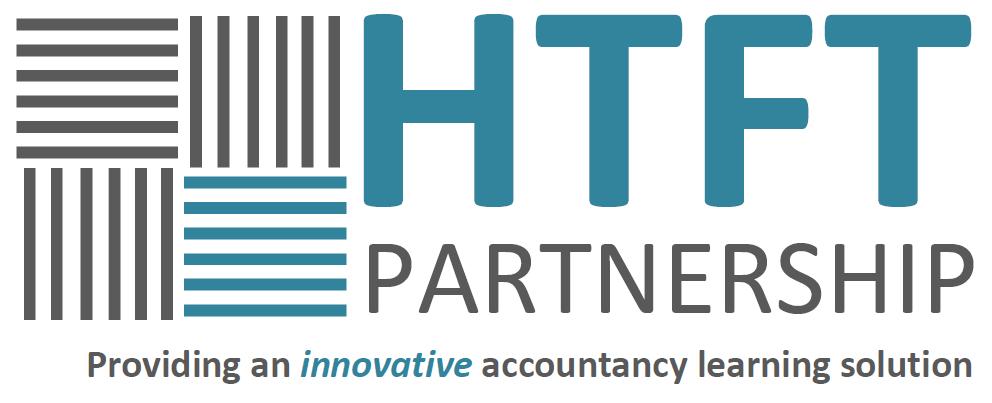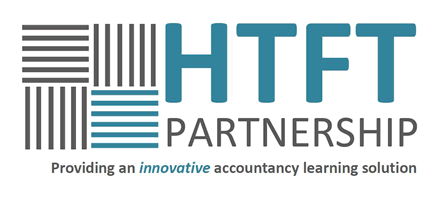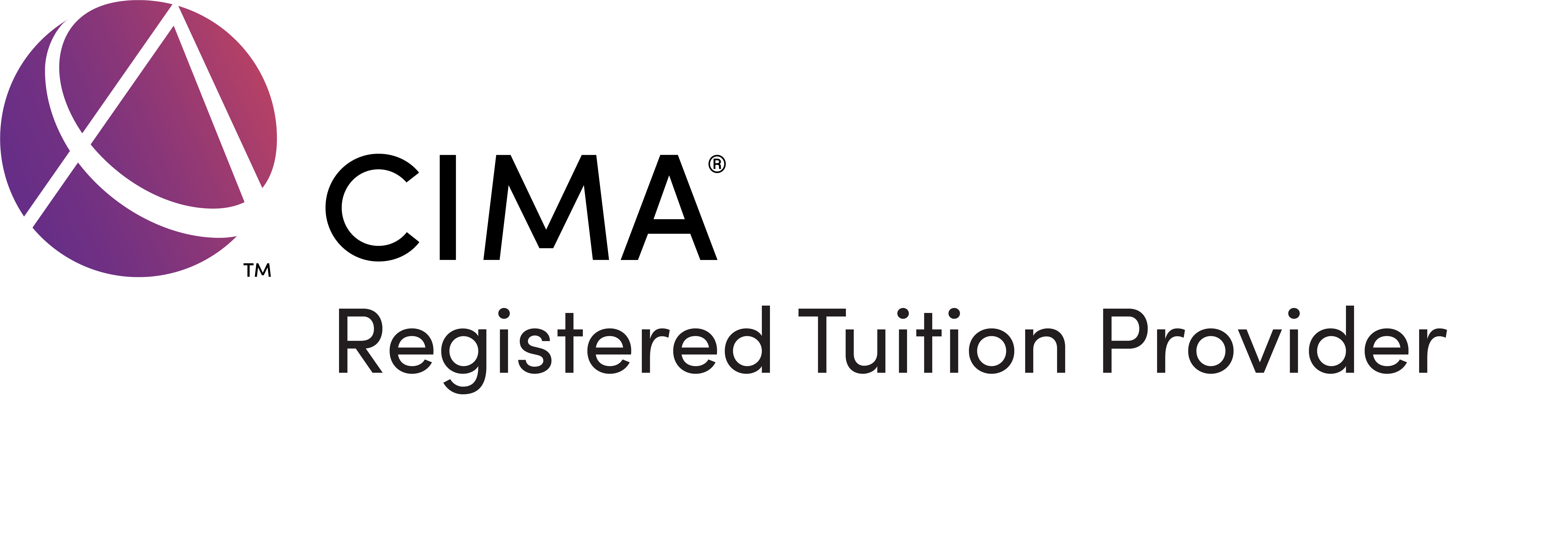ACCA versus/or CIMA?
Jan 04, 2019
Share This
So, you’re looking to gain a professional accountancy qualification, and you are probably wondering which qualification is best – ACCA or CIMA?
ACCA and CIMA are two of the most popular courses for gaining chartered status as an accountant in the UK, both are highly respected and will help further your career.
But which one should you study, ACCA or CIMA?
Now, this blog is not going to tell you which professional qualification to follow (sorry!), but it will provide you with a lot of information to help you make an informed decision.
The ACCA Qualification places more emphasis on auditing and compliance. Many ACCA members take on private practice roles, focusing more on financial assessment and compliance rather than planning and management.
Alternatively, the CIMA qualification (CIMA Certificate in Business Accounting and Professional Qualification) is designed to bring together management accounting, financial accounting and business, so you’ll have the practical skills employers need. That way, you’ll be qualified to work in a wide range of roles from finance to consultancy, to IT, to senior management positions.
The ACCA qualification(s) start with the Applied Knowledge exams, move through the Applied Skills exams and finishes with the Strategic Professional exams – 13 in total (unless you have exemptions – which we shall talk about later).
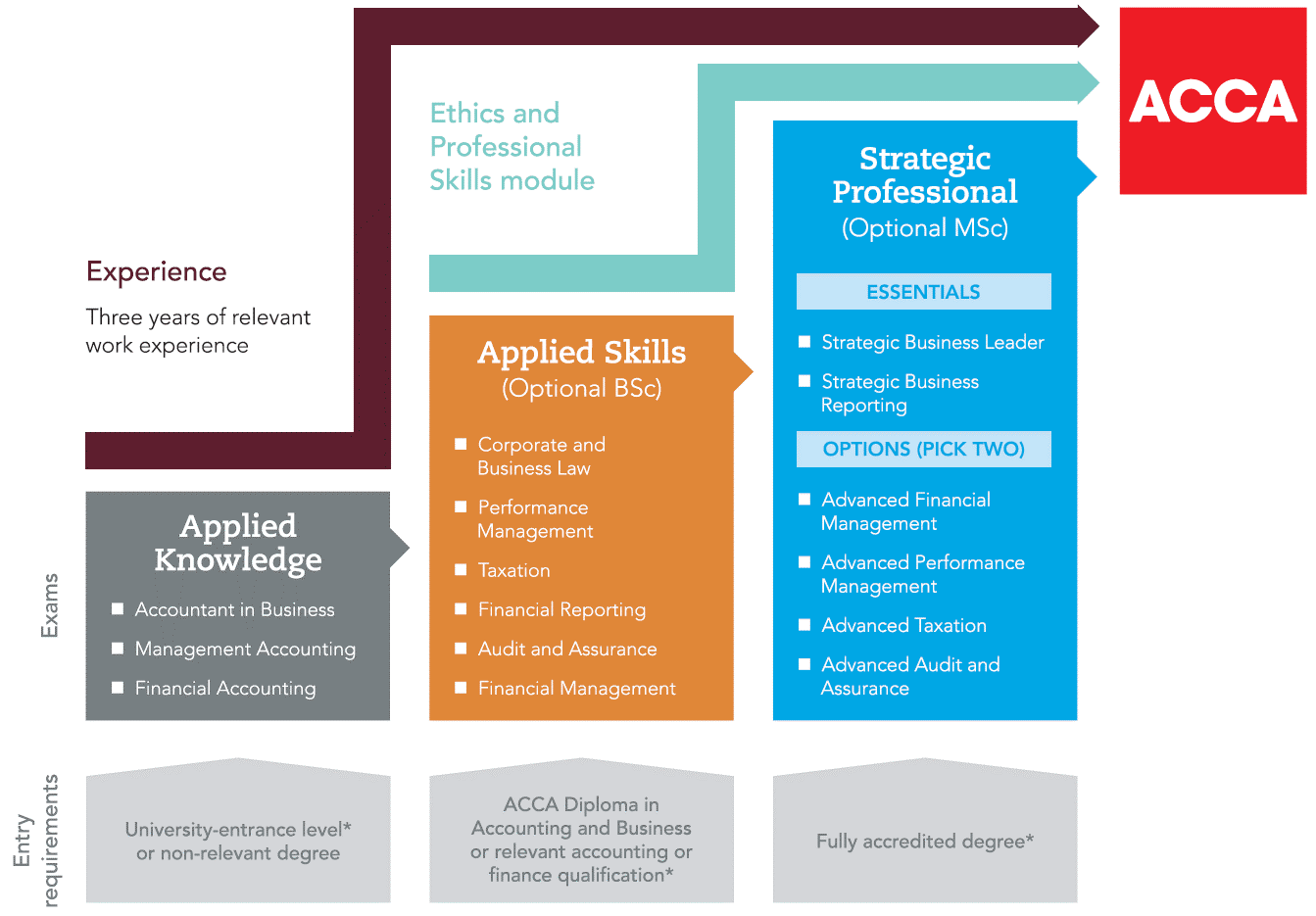
The CIMA qualification(s) is similarly spilt into easy, defined levels: Certificate, Operational, Management and Strategic – 16 exams in total (unless you have exemptions).
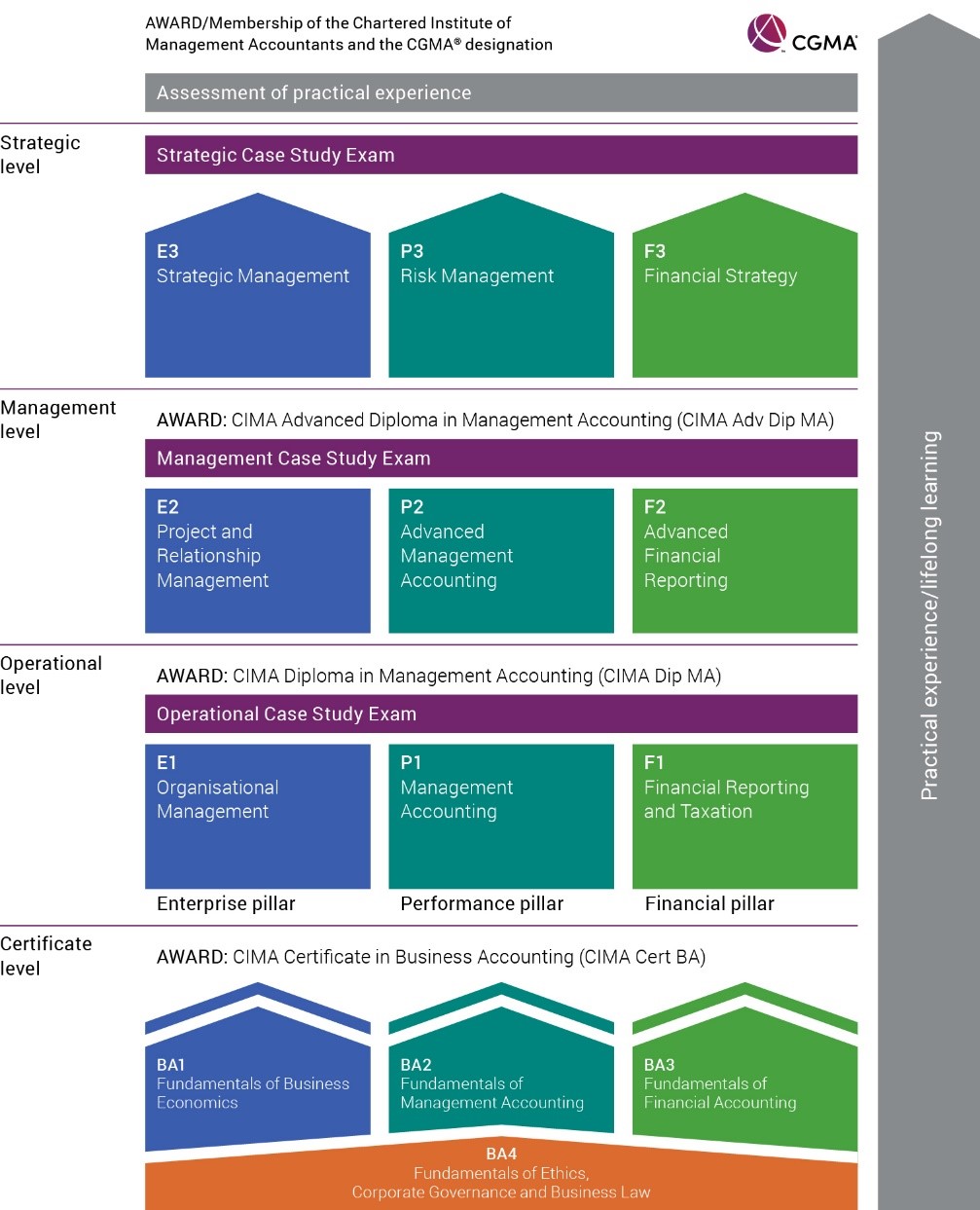
I would always advise that you have a look, not only at the names of the exams (bit of a clue as to content), but at the professional qualification syllabuses – these set out what you will be covering (learning) and will allow you to identify areas of interest. A quick Google (other search engines are available) will help you find these.
Both qualifications will take (on average) between 3-4 years to complete, potentially quicker if you have exemptions (AAT L4 will give you exemptions from CIMA Certificate or ACCA Applied Knowledge exams) – although please be mindful that both ACCA and CIMA assume you have the knowledge from their lower level exams when you progress to the higher levels.
Summary
Each qualification is highly regarded, provides opportunities to travel and will help you develop your career.
- If becoming a management accountant excites you, then the CIMA qualification may be a better fit.
- On the other hand those seeking a career focusing on auditing and tax, the ACCA Qualification may be for you.
If you would like my advice, go and talk to your colleagues.
Don’t ask them “what should I study?”, they are bound to answer with the professional qualification they have. Instead, ask them about how their professional qualification has helped them with their career, ask them about how the content they covered aligned to their jobs and get them to tell you about the commitment they had to make.
Once you have all this information, you will know what route you want to take.
James @ HTFT
